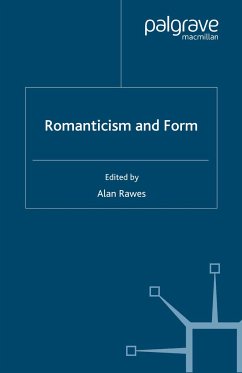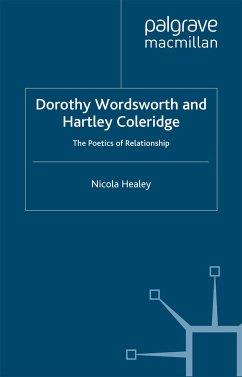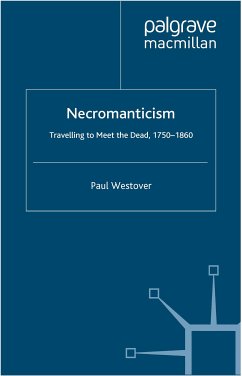
Romantic Poetry and Literary Coteries (eBook, PDF)
The Dialect of the Tribe
Versandkostenfrei!
Sofort per Download lieferbar
40,95 €
inkl. MwSt.
Weitere Ausgaben:

PAYBACK Punkte
20 °P sammeln!
Combining historical poetics and book history, Romantic Poetry and Literary Coteries shows Romanticism as characterized by tropes and forms that were jointly produced by literary circles. To show these connections, Fulford pulls from a wealth of print material including political squibs, magazine essays, illustrated tour poems, and journals.
Dieser Download kann aus rechtlichen Gründen nur mit Rechnungsadresse in A, B, BG, CY, CZ, D, DK, EW, E, FIN, F, GR, HR, H, IRL, I, LT, L, LR, M, NL, PL, P, R, S, SLO, SK ausgeliefert werden.












